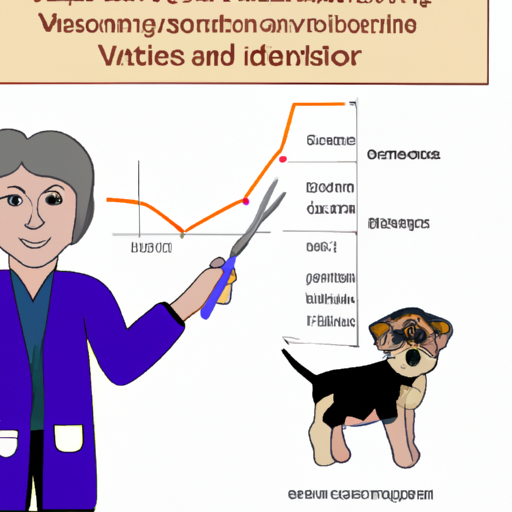Understanding the Basics of Neutering
You may have heard about neutering your dog, but do you truly understand what it entails? Neutering, also known as castration, is a surgical procedure performed by a veterinarian that involves the removal of the testicles in male dogs. This procedure is often recommended for various reasons including controlling the dog population, reducing unwanted behaviors, and preventing certain health issues.
The Appropriate Age to Neuter Your Dog
Determining the right age to neuter your dog can be a bit tricky. It largely depends on the breed, size, and health of your dog. However, the general consensus among veterinarians is that dogs can be neutered as early as two months old.
Here are some general guidelines based on dog size:
| Size | Age to Neuter |
|---|---|
| Small | 6 months |
| Medium | 6-9 months |
| Large | 9-15 months |
| Giant | 15-24 months |
These are merely guidelines and individual circumstances may necessitate a different timeline. Always consult with your veterinarian for the best advice.
The Benefits and Risks of Neutering
When deciding whether to neuter your dog, it’s important to weigh the potential benefits and risks.
Benefits
- Population Control: Unneutered dogs can contribute to the problem of overpopulation, leading to more dogs in shelters.
- Behavioral Improvement: Neutering can reduce behaviors like marking, humping, and aggression.
- Health Advantages: Neutering can prevent testicular cancer and reduce the risk of prostate problems.
Risks
- Anesthetic Risks: As with any surgery, there are risks associated with anesthesia.
- Post-Surgery Complications: These could include infection or issues with the surgical wound.
- Behavioral Changes: Some dogs may experience negative behavioral changes post-neutering.
Caring for Your Dog Post-Neutering
After your dog has been neutered, it’s crucial to provide the proper care to ensure a smooth recovery. Monitor your dog for signs of discomfort or distress, limit their physical activity, and ensure they don’t interfere with the surgical site. Regular check-ups with your vet are also essential during this recovery period.
FAQ
Q: Can neutering be reversed?
A: No, neutering is a permanent procedure.
Q: Does neutering impact a dog’s personality?
A: It can reduce certain behaviors, but it shouldn’t alter their fundamental personality.
Q: How long does the neutering procedure take?
A: The procedure typically takes 20-90 minutes, but recovery will take longer.
Remember, as a caregiver, your dog’s health and well-being is in your hands. Making informed decisions about procedures like neutering is an essential part of responsible pet ownership. Always consult with a trusted veterinarian to make the best choices for your furry friend.



